BANG! The sharp rapport of a .50 caliber machine gun broke the stillness of the hot, humid Louisiana afternoon, freezing Maj. Gen. George S. Patton Jr.'s Blue army convoy in its tracks. Reconnaissance had shown that this portion of the Cane River was friendly territory, but they were under attack.
One of the scouts scampered up a tree and peered across the river through his binoculars at Oakland Plantation. When he saw an Army patrol car at a small store by the bridge, he assumed it was an advance party from the Red army, only to have his suspicions confirmed when another loud shot almost knocked him out of the tree. The Blue army returned fire with rifles and machine guns and the Battle of Bermuda Bridge was on.
In front of their family plantation's general store, the three Prud'homme boys-Alphonse, 14; Kenneth, 12 and Mayo, 9-excitedly reloaded their new carbide-gas, foot-long toy cannon. This was the most fun they'd had in ages!
"What were we thinking'" said Kenneth. "Shoot again! Shoot again! Look it here. Look at what we've got going on."
It was Sept. 26, 1941, and the boys were about to become a footnote to history, forever known in Natchitoches (pronounced knack-o-dish), La., as the only force who had ever defeated Patton, later liberator of North Africa and savior of Bastogne.
He was in the area with about 400,000 other Soldiers, including Col. Dwight D. Eisenhower and Brig. Gen. Omar Bradley, for the Louisiana maneuvers. Designed to test equipment, agility, mobility and leadership before America's expected entry into World War II, the maneuvers were the first-ever, large-scale Army war games, conducted over 3,400 square miles in east Texas and northwest Louisiana. The maneuvers also led to the founding of Camp Polk, La., now Fort Polk and the home of the Joint Readiness Training Center.
"In those days the vegetation was so thick on both sides (of the river) that you really couldn't see, but we heard (a military car) stop almost directly across from the store," Kenneth remembered. "It wasn't long before we saw somebody sneaking through the underbrush, coming to the river with binoculars."
The Soldier then climbed up a tree, Kenneth said, and peered through his binoculars to get a better look at the Prud'homme's side of the river.
"We had a little carbide cannon, called a big-bang cannon, with us, so we just fired a shot at him to see what would happen and really got his attention. He bailed out of the tree and went flying back down the road in a cloud of dust," said Kenneth.
"I don't know how far he had to go downriver...to meet up with the rest of the troops who were advancing," he continued. "It wasn't long after we fired the first shot that they were back with quite a few infantry troops or riflemen. They started shooting back at us and when they'd shoot, we'd shoot back."
The battle raged for about half an hour, with the Blue army firing blanks, setting up smoke screens and bringing in a .155 howitzer to defend against what they thought was a large Red army force. Alphonse Prud'homme, the boys' father, and a field hand named Jesse "Chippy" Williams joined in the excitement, setting off firecrackers in addition to the cannon. Kenneth recalled that the firecrackers had sounded like .50 caliber machine guns.
An umpire finally came to investigate (impartial Army officers observed each engagement and determined the victor) and discovered the "enemy" holding up their 500-car convoy was in fact three young boys.
"'Mr. Prud'homme, do you mind calling off your boys''" Kenneth said the umpire asked his father. "'You're holding up our war.'"
Al-who Kenneth said instigated the entire incident-later told his brothers that when he first saw the Army referees headed for the house, he thought he would be hauled away to jail in Fort Leavenworth, Kan. In fact, both he and Mayo later joined the military, and Kenneth served in the National Guard for a while.
One can only imagine Patton's reaction to the news that three boys had bested him. He was later famous for slapping a Soldier suffering from battle fatigue at a hospital, so it's easy to pity the poor aid who had to break it to him. Of course, Patton wasn't a public figure yet, and it would be decades before the boys realized just whom they had held up that September day.
It wasn't until a radio commentator heard the story in the 1980s and retold it that the Prud'hommes knew they had stymied Patton. A friend called Kenneth and told him to turn on Paul Harvey's "The Rest of the Story," and he listened in amazement, reliving the day he hadn't thought about in years.
"We didn't think anything of it," Kenneth said. "We just had a real good time, a 'big bang,' doing it. I don't remember talking about it, but there was a local newspaperman...who wrote the first article about it in one of the local papers. It just lay dormant for a long time, and then it was in the magazine sections of the New Orleans papers...and then it all just sort of went away. Then one morning, a friend of mine who worked at the local radio station called and said, 'Ken, you need to tune into this story. It's a Paul Harvey story about you and Al and Mayo whipping General Patton.'
"I was surprised. I told lots of people. That's my one claim to fame. I defeated General Patton and got my name on Paul Harvey," Kenneth remembered.
The Battle of Bermuda Bridge wasn't the end of the excitement for the Prud'homme boys. One of the armies also camped out in the woods near their plantation and later there was another pitched battle, this time on Oakland's front lawn.
The boys were "Army-mad," Kenneth recalled, and looked for any excuse to visit with the Soldiers. They often took candy bars or cold drinks from the store to sell, and Kenneth said the exercise was the most exciting thing to happen to them in a long time.
"We would change clothes real quick and run back to the pasture near the woods to see the Soldiers and their horses and all their equipment and stuff. ...It was a kid thing. We were enthralled with the military and the equipment: the tanks, the half-tracks, the horses, the guns. It was very exciting for us," he said.
(Author's note: I first heard the story of Bermuda Bridge from Mr. Kenny, as I was asked to call him, while sitting on the steps of the same general store where he and his brothers launched the battle. My husband and I were visiting Mr. Kenny's daughter-in-law Sarah, a good friend of mine, and he took us on a personalized tour of Oakland Plantation, now owned by the National Parks Service. As I listened with growing incredulity, my husband nodded his head. He remembered hearing the story from a great-uncle who actually participated in the Louisiana maneuvers. Mr. Kenny said it was the first time he'd heard of anyone outside Natchitoches being familiar with the story.)


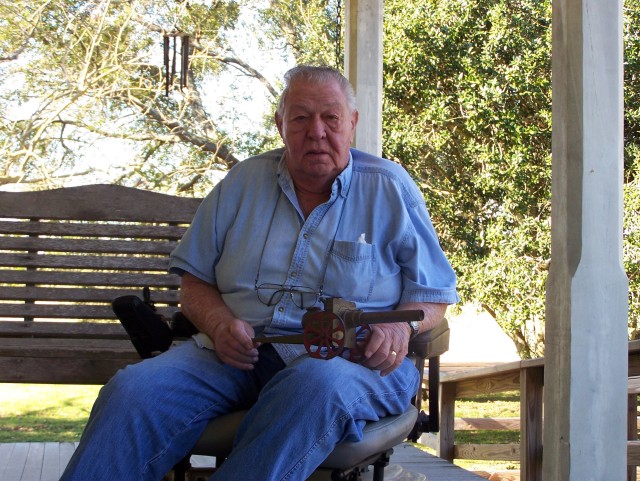

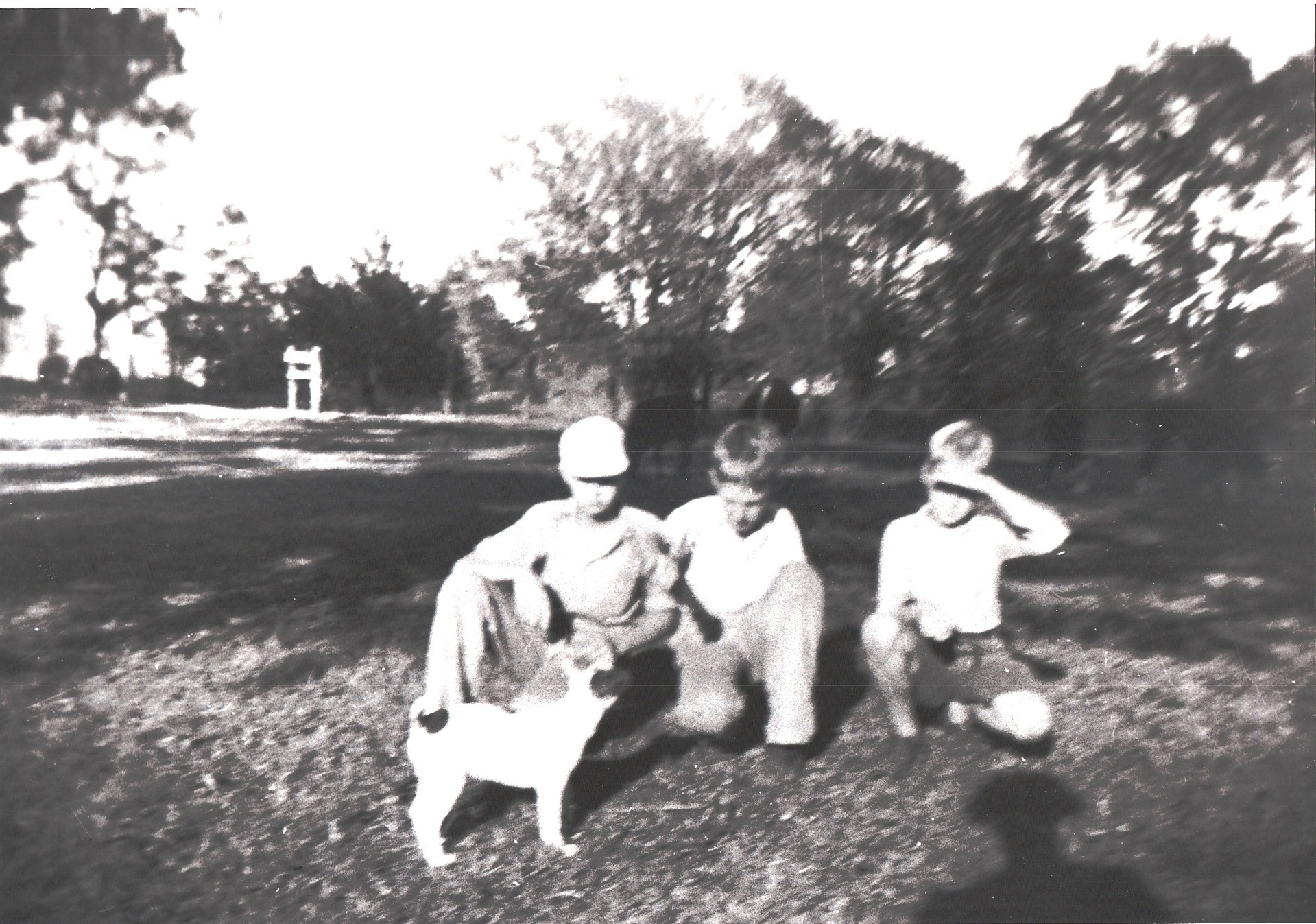
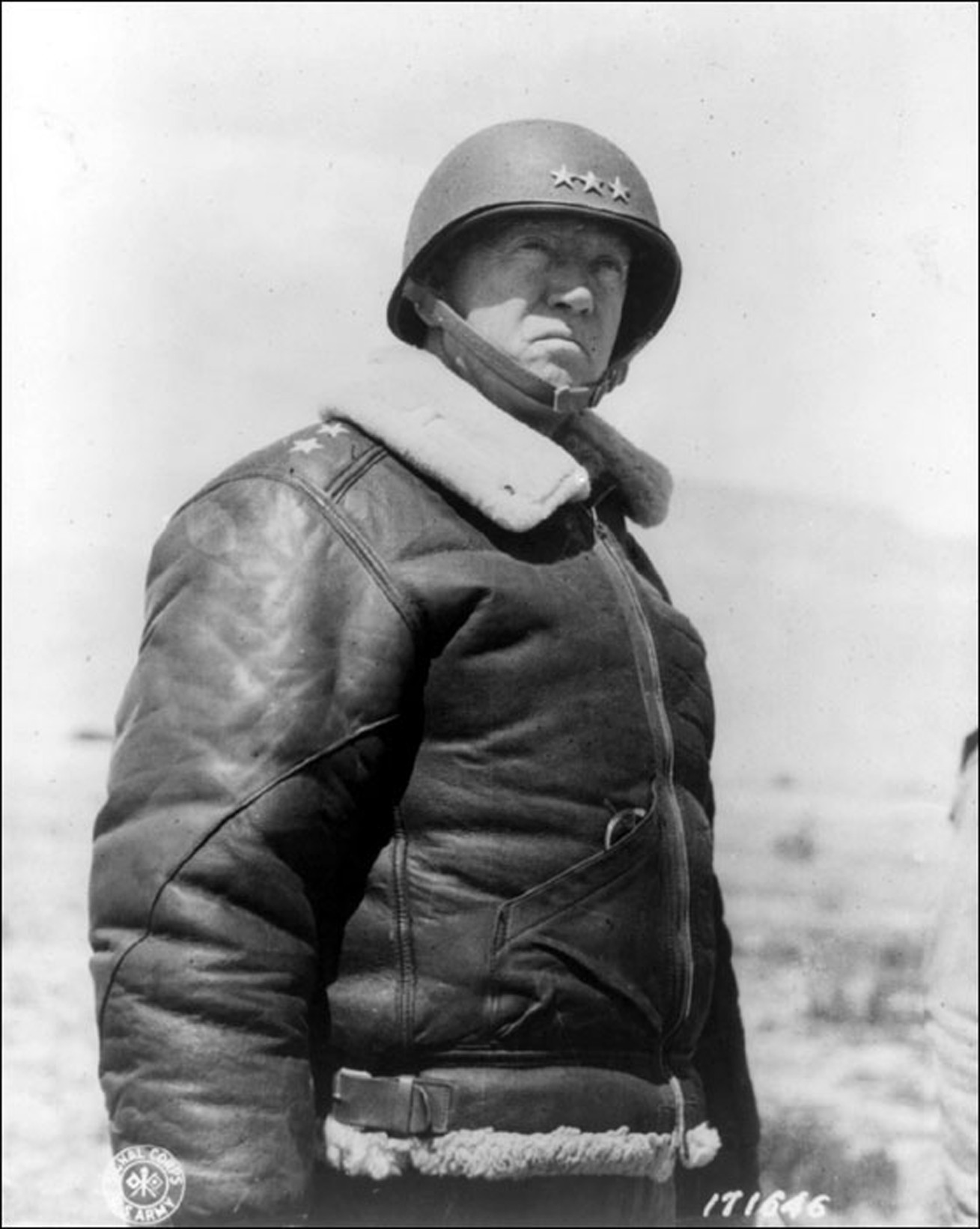
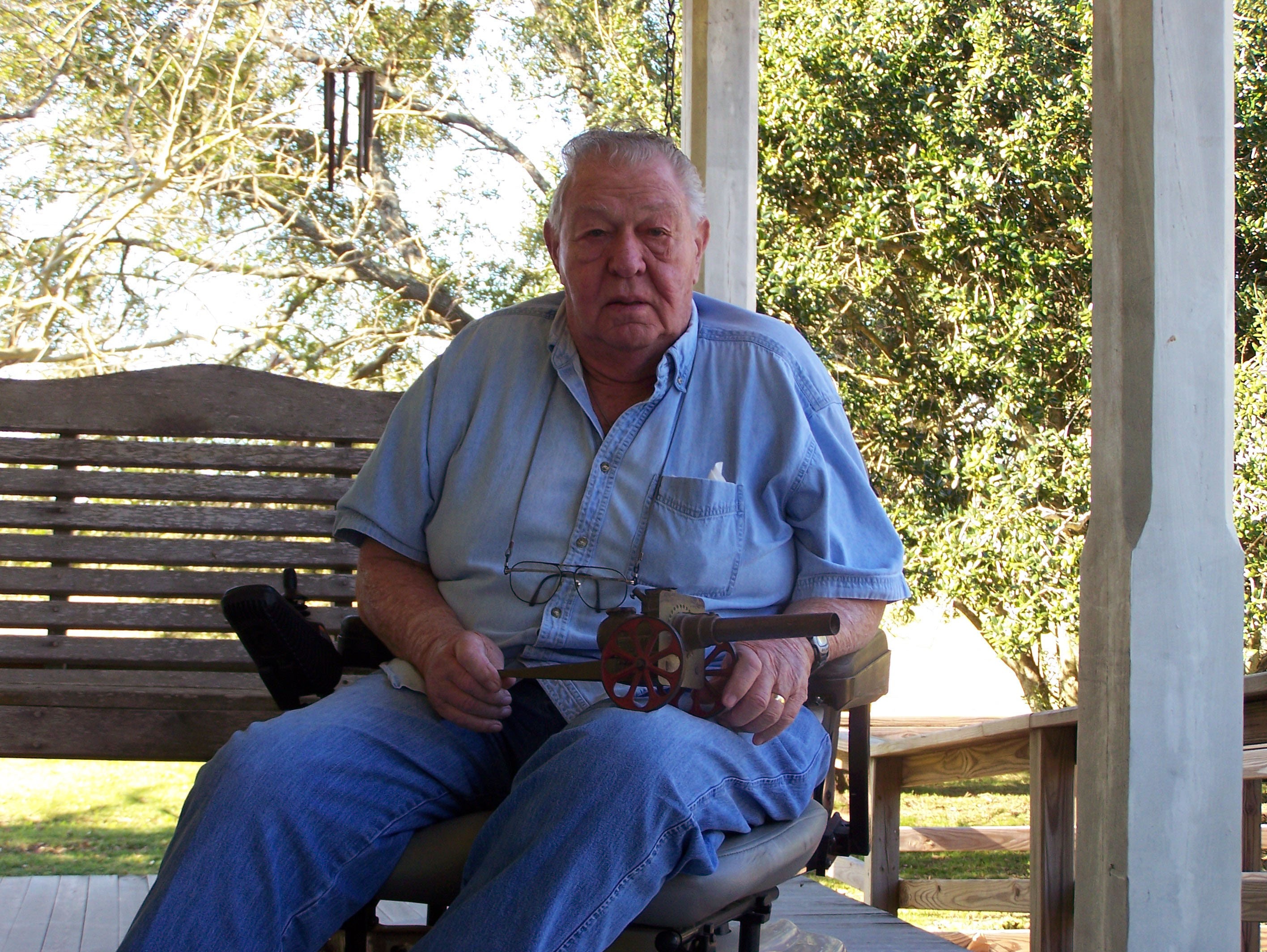
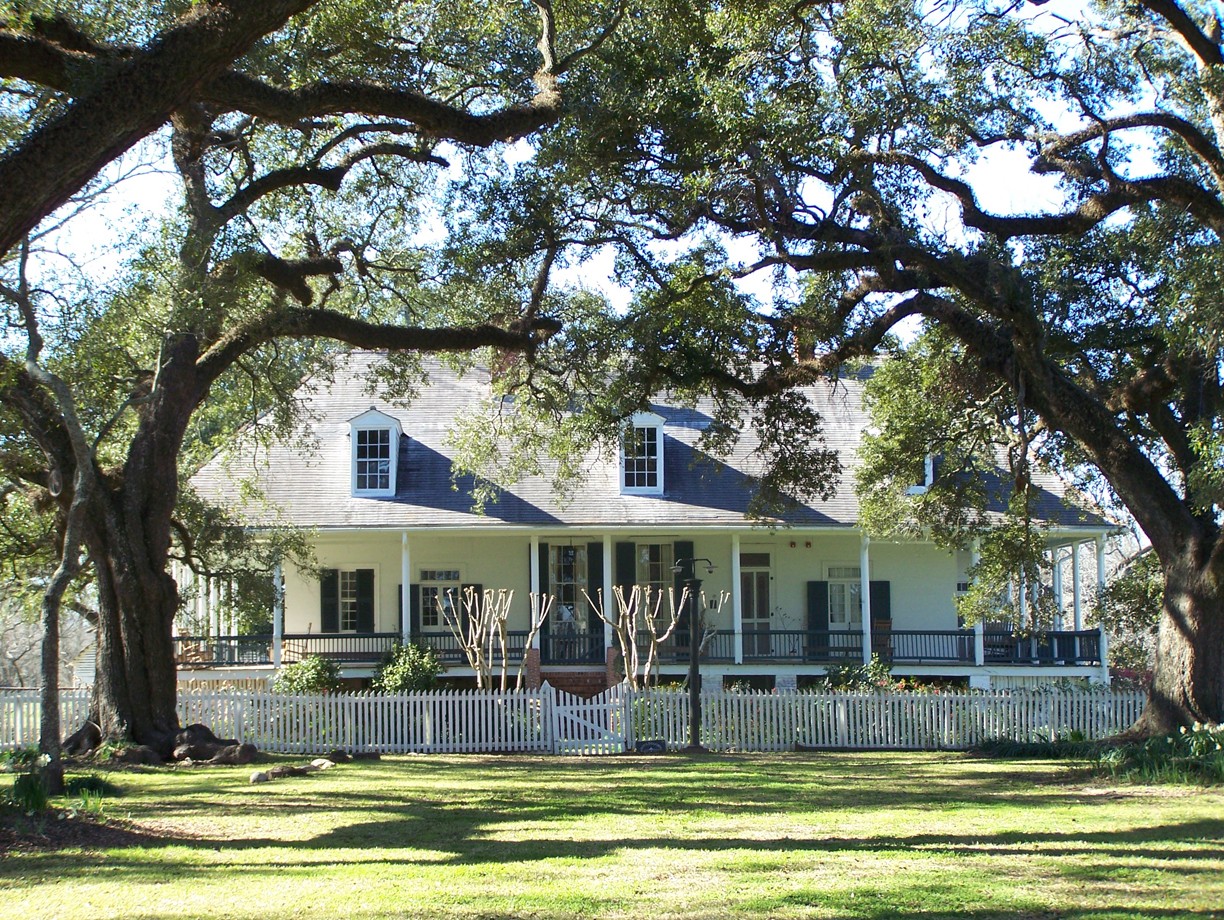
Social Sharing